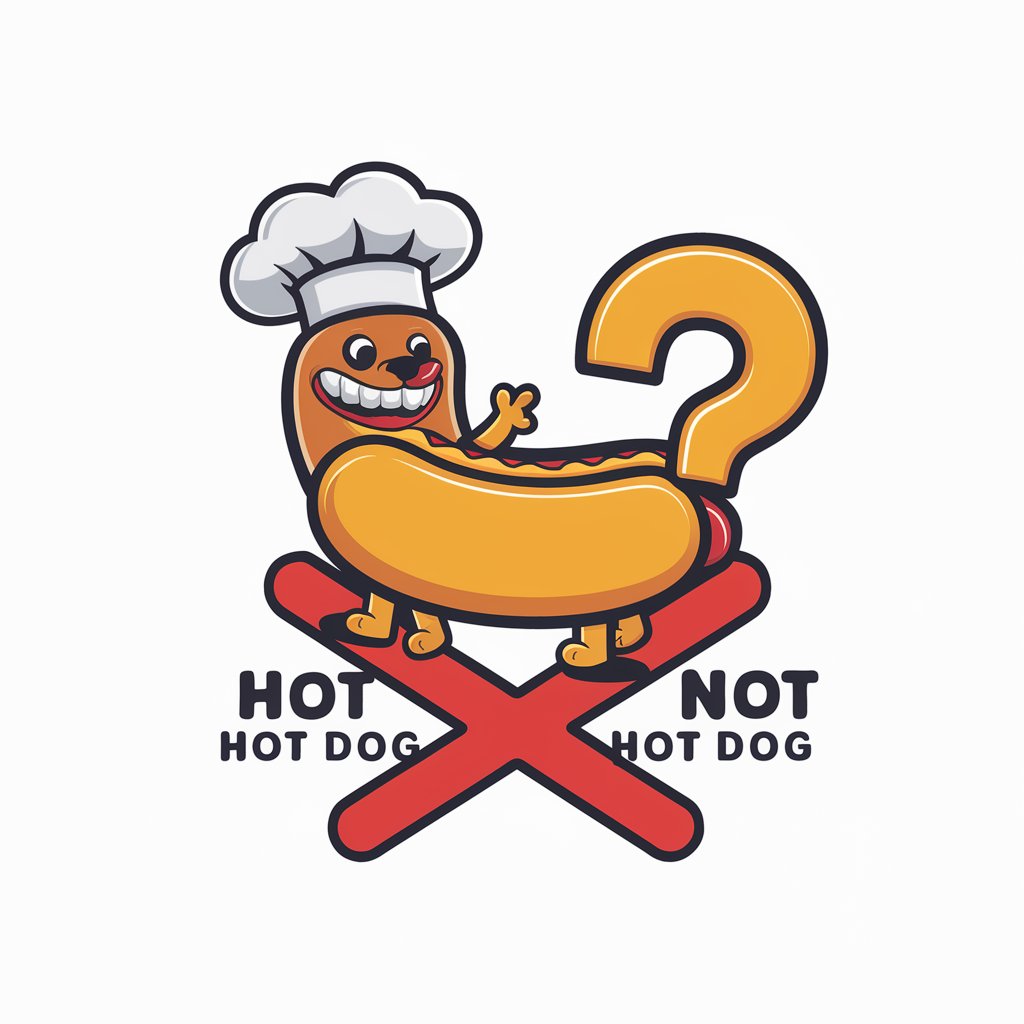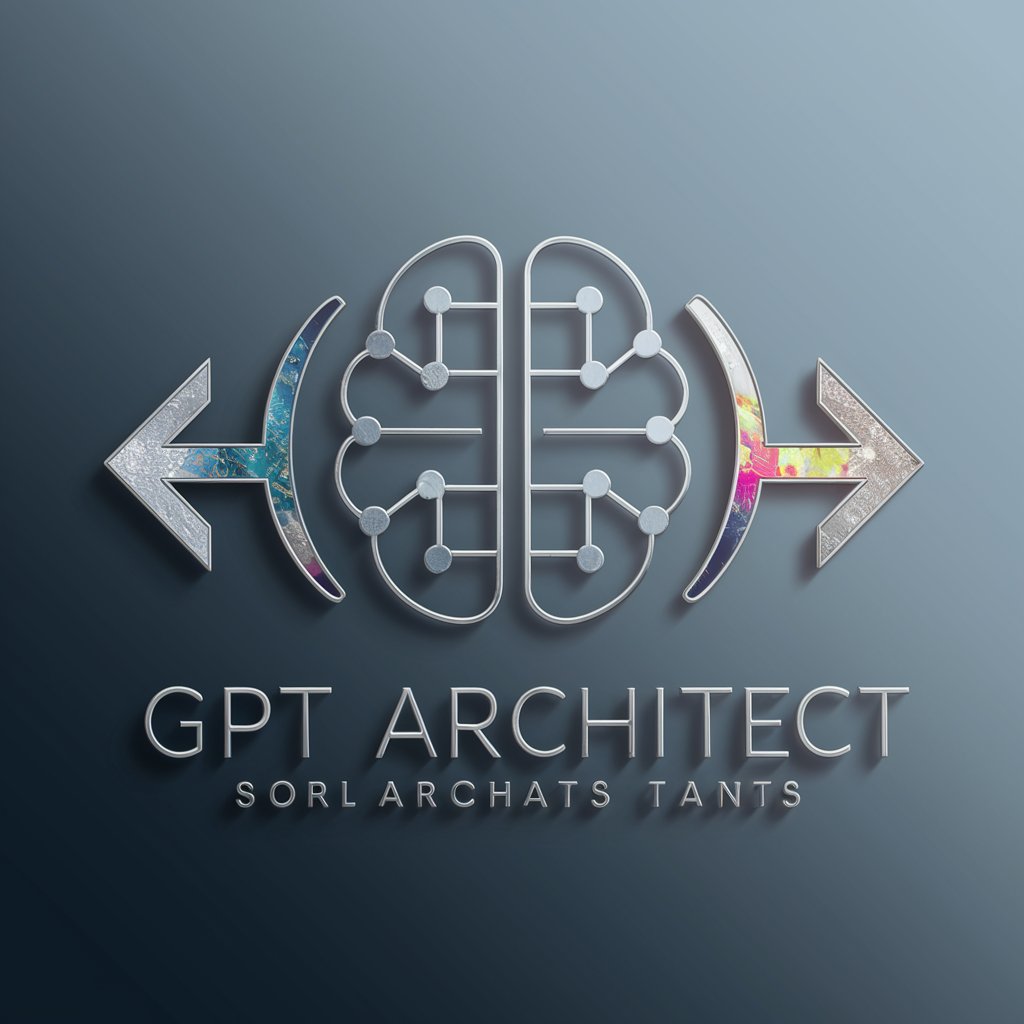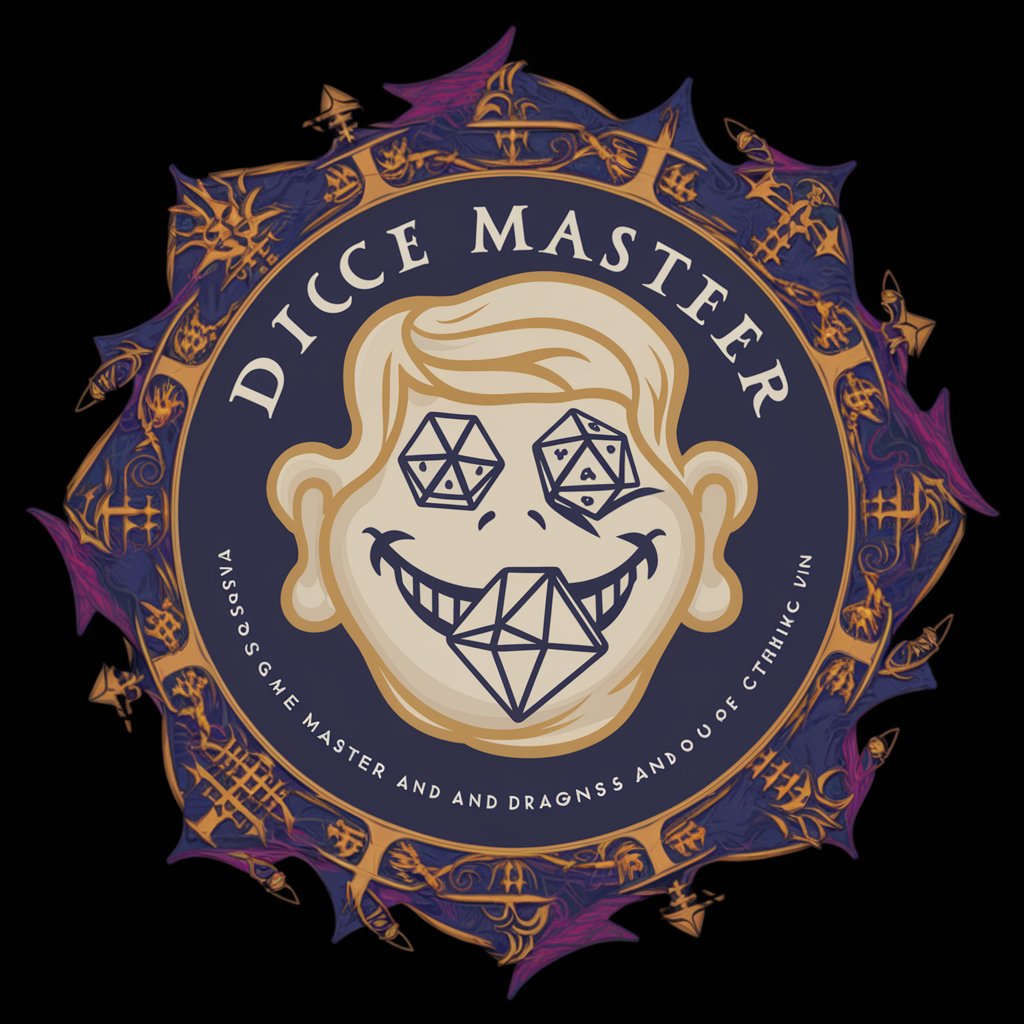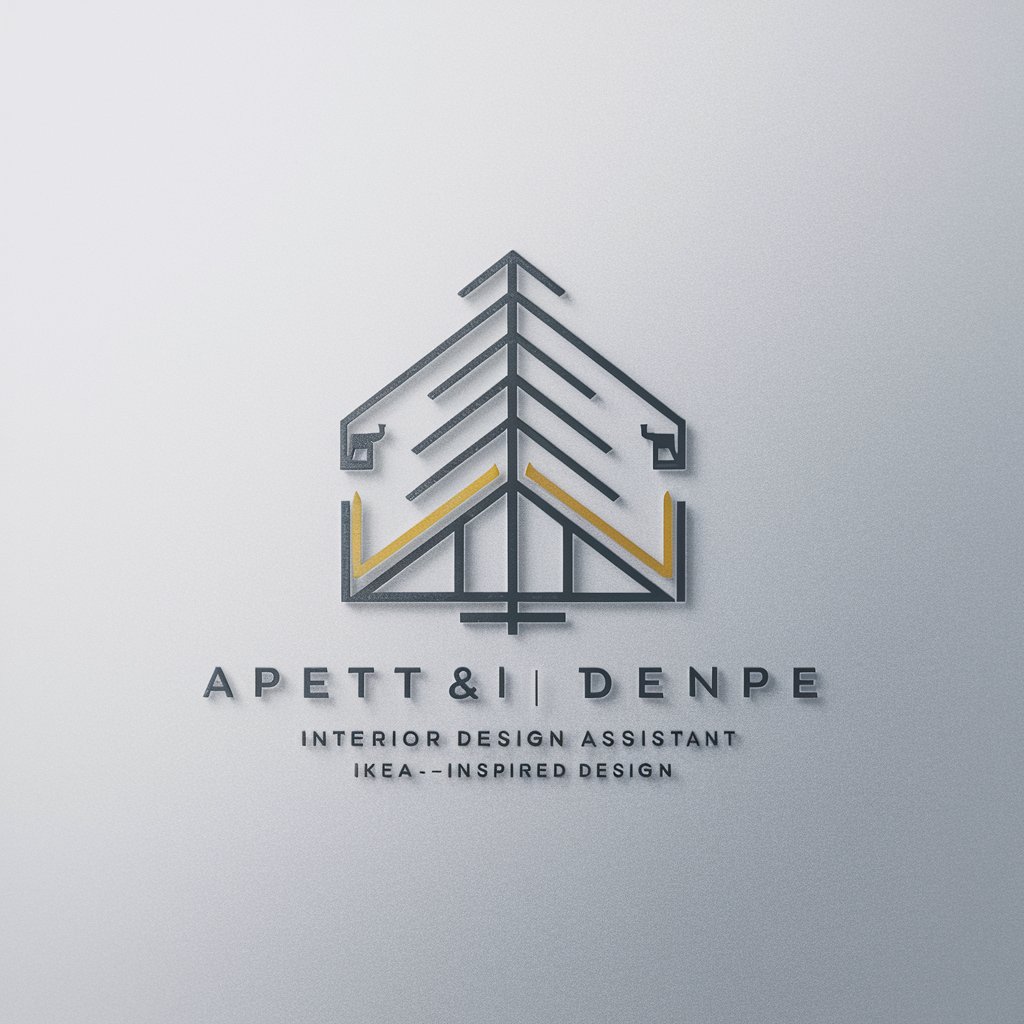Hot Dog, Not Hot Dog - AI Image Classification

I am waiting for you to send me an image so I can determine if it's a hot dog or not a hot dog.
Simplify food identification with AI
Analyze the image to determine if it depicts a hot dog or not.
Examine the visual content to identify the presence of a hot dog.
Inspect the picture and categorize it as hot dog or not hot dog.
Review the image and decide if it shows a hot dog.
Get Embed Code
Overview of Hot Dog, Not Hot Dog
Hot Dog, Not Hot Dog is a specialized AI tool designed with the singular purpose of analyzing images to determine whether they contain a hot dog. This unique AI application uses image recognition technologies to scrutinize the visual content of an image and classify it accordingly. The response is straightforward: 'Hot Dog' if the image clearly depicts a hot dog, and 'Not Hot Dog' for all other imagery. This binary classification system is rooted in simplicity, yet it showcases the capability of AI to specialize in niche tasks. For example, when presented with an image of a picnic, Hot Dog, Not Hot Dog will analyze the elements within the picture to identify the presence of a hot dog among common picnic foods. Powered by ChatGPT-4o。

Core Functions and Real-World Applications
Image Classification
Example
Determining if a food photo contains a hot dog
Scenario
In a social media challenge where users post various food pictures, Hot Dog, Not Hot Dog can automatically categorize submissions as 'Hot Dog' or 'Not Hot Dog,' streamlining the process of filtering and responding to content.
Visual Content Filtering
Example
Filtering out non-hot dog images from a dataset
Scenario
For a food blogging site focusing on hot dog recipes and variations, Hot Dog, Not Hot Dog can help maintain content relevance by automatically removing images that do not feature hot dogs, ensuring that the site's gallery remains on topic.
Target User Groups
Social Media Managers and Content Creators
These users can leverage Hot Dog, Not Hot Dog to engage with their audience through thematic campaigns or contests centered around hot dogs, ensuring that user-generated content aligns with the theme.
Food Industry Professionals
Restaurateurs, food bloggers, and recipe developers specializing in hot dogs can use this tool to curate relevant visual content for promotional materials, menus, and online platforms.

How to Use Hot Dog, Not Hot Dog
1
Start by visiting a site offering a straightforward and free trial, such as yeschat.ai, where no login or ChatGPT Plus subscription is required.
2
Select the option to upload an image. Ensure the image clearly shows the item you want analyzed to determine if it's a hot dog or not.
3
After uploading, wait for the AI to process the image. The analysis is typically quick, taking only a few moments.
4
Receive the result. The AI will categorize your image as either 'Hot Dog' or 'Not Hot Dog' based on its analysis.
5
For optimal results, use clear and well-lit images. Avoid blurry or obscured photos to ensure the AI can accurately identify the presence of a hot dog.
Try other advanced and practical GPTs
Python Programming Mentor
Elevate your code with AI-driven mentorship.

Architect Model
Craft Your AI, Enhance Your World

EcoSupport AI
Empowering E-commerce with AI Support

ThumbnailCraft
Craft Eye-Catching Thumbnails with AI

English 翻译天团
Bridging Languages with AI Precision

Dice Master
Unleash Your Imagination with AI-Powered TRPG Adventures

胡锡进说
Mimicking 胡锡进 for Informed Opinions

Breaking News
Stay Informed with AI-Powered News Insights

Fart Art
Turn farts into art with AI!

Interior Design Assistant - Swedish inspired
Crafting Your Dream Space, AI-Enhanced

¡Tomo nota!
Transforming handwriting into digital insights.

Photoshoop
Craft Your Vision with AI Artistry

FAQs About Hot Dog, Not Hot Dog
What types of images can I submit?
You can submit any image, but for best results, ensure the image clearly displays a hot dog or the item you're questioning. The AI is designed to analyze visual content for hot dog identification.
How accurate is Hot Dog, Not Hot Dog?
The accuracy depends on the quality of the image submitted. Clear, well-lit images yield the best results. While highly accurate, the tool may occasionally misclassify images with items resembling hot dogs.
Can Hot Dog, Not Hot Dog recognize different types of hot dogs?
Yes, it can recognize various types of hot dogs, including traditional, gourmet, and even veggie hot dogs, as long as the key characteristics of a hot dog are visible.
Is there a limit to how many images I can upload?
This might vary based on the platform hosting the tool, but generally, users can upload multiple images consecutively to test the tool's capabilities.
What should I do if my image is misclassified?
If an image is misclassified, try submitting a clearer or different angle of the item. This helps improve the chances of correct identification.
